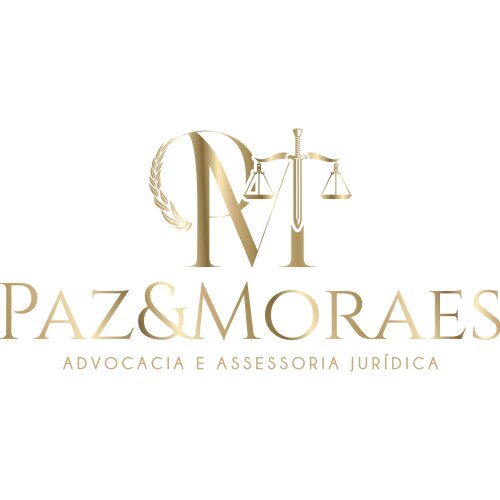Best Military Law Lawyers in Rio Branco
Share your needs with us, get contacted by law firms.
Free. Takes 2 min.
List of the best lawyers in Rio Branco, Brazil
About Military Law in Rio Branco, Brazil
Military Law in Rio Branco, Brazil, governs the conduct of members of the armed forces and emphasizes the unique aspects of military discipline, hierarchy, and order. It typically covers areas such as service regulations, offenses, and procedures applicable strictly within military contexts. The legal framework is influenced by Brazilian military codes and international military justice principles. As the capital of the state of Acre, Rio Branco hosts various military facilities where these laws are actively enforced.
Why You May Need a Lawyer
Individuals may require legal assistance under Military Law for several reasons. Common scenarios include facing military charges, requiring representation in court martials, addressing grievances related to service conditions, or dealing with disciplinary actions. Others might seek advice when transitioning from military to civilian status, in matters of military discharge disputes, or when needing clarification on military law affecting veterans or reservists.
Local Laws Overview
The local laws in Rio Branco relevant to Military Law are shaped by national legislation that applies to all military personnel in Brazil, but there can be specific implementations at the local level to address the regional military administrative needs. Key areas include adherence to the Military Penal Code (Código Penal Militar), which delineates offenses such as insubordination and desertion, and procedure laws that guide disciplinary actions and military judicial processes.
Frequently Asked Questions
1. What is the Military Penal Code?
The Military Penal Code is a set of legal statutes that define criminal offenses specific to the military context, including procedures for prosecution and punishment.
2. When is a court martial convened?
A court martial is convened for serious offenses committed by military personnel that require formal legal proceedings, potentially resulting in severe penalties.
3. Can civilians be subject to Military Law?
In certain cases, civilians may be subject to Military Law, especially if they are involved in acts affecting military installations or personnel during times of conflict.
4. What rights do service members have when accused of a crime?
Service members have the right to legal representation, a fair trial, and to appeal decisions within the military judicial system.
5. How does military discharge work?
Military discharge is a process that separates an individual from military service. It can occur for various reasons, including fulfilling service obligations or disciplinary actions.
6. What is the role of a military defense lawyer?
A military defense lawyer specializes in defending service members in military court and advising them on matters related to military justice.
7. Can military personnel appeal a court martial verdict?
Yes, verdicts reached in a court martial can be appealed through higher military judicial bodies.
8. Are there legal protections for whistleblowers in the military?
Military personnel are protected under specific regulations when reporting misconduct, although these protections can have limitations based on national security considerations.
9. How are military and civilian law different?
Military law specifically caters to the needs of service discipline and hierarchy, while civilian law addresses broader societal legal matters.
10. What are the consequences of desertion?
Desertion is a serious offense under the Military Penal Code and can lead to severe penalties, including imprisonment.
Additional Resources
Those seeking further information or assistance can consult resources such as the Brazilian Bar Association (Ordem dos Advogados do Brasil), Military Ombudsman offices, or the Ministry of Defense for official guidance.
Next Steps
If you need legal assistance in Military Law in Rio Branco, consider reaching out to specialized military lawyers familiar with local laws and procedures. Preparing all relevant documentation and understanding your legal rights will aid in navigating military legal proceedings effectively. Engaging with legal aid organizations might also provide additional support or representation.
Lawzana helps you find the best lawyers and law firms in Rio Branco through a curated and pre-screened list of qualified legal professionals. Our platform offers rankings and detailed profiles of attorneys and law firms, allowing you to compare based on practice areas, including Military Law, experience, and client feedback.
Each profile includes a description of the firm's areas of practice, client reviews, team members and partners, year of establishment, spoken languages, office locations, contact information, social media presence, and any published articles or resources. Most firms on our platform speak English and are experienced in both local and international legal matters.
Get a quote from top-rated law firms in Rio Branco, Brazil — quickly, securely, and without unnecessary hassle.
Disclaimer:
The information provided on this page is for general informational purposes only and does not constitute legal advice. While we strive to ensure the accuracy and relevance of the content, legal information may change over time, and interpretations of the law can vary. You should always consult with a qualified legal professional for advice specific to your situation.
We disclaim all liability for actions taken or not taken based on the content of this page. If you believe any information is incorrect or outdated, please contact us, and we will review and update it where appropriate.








